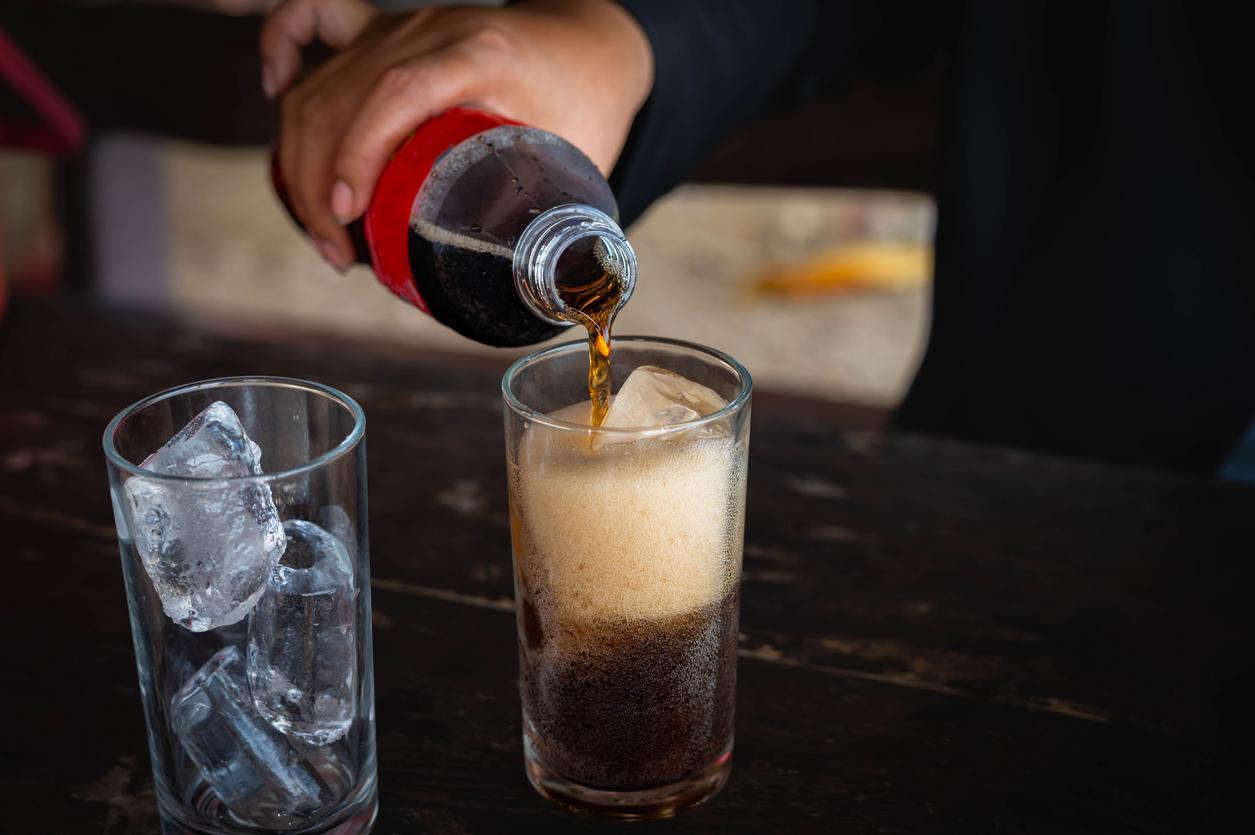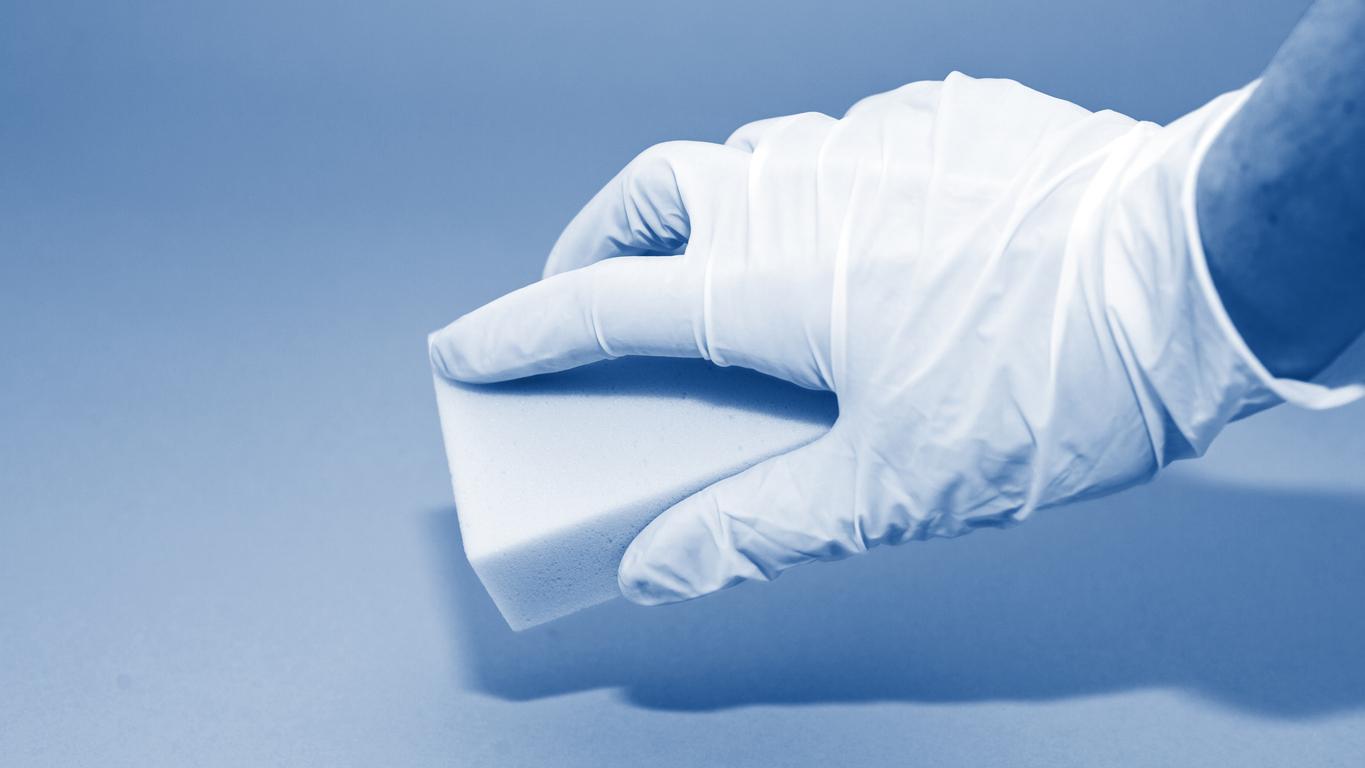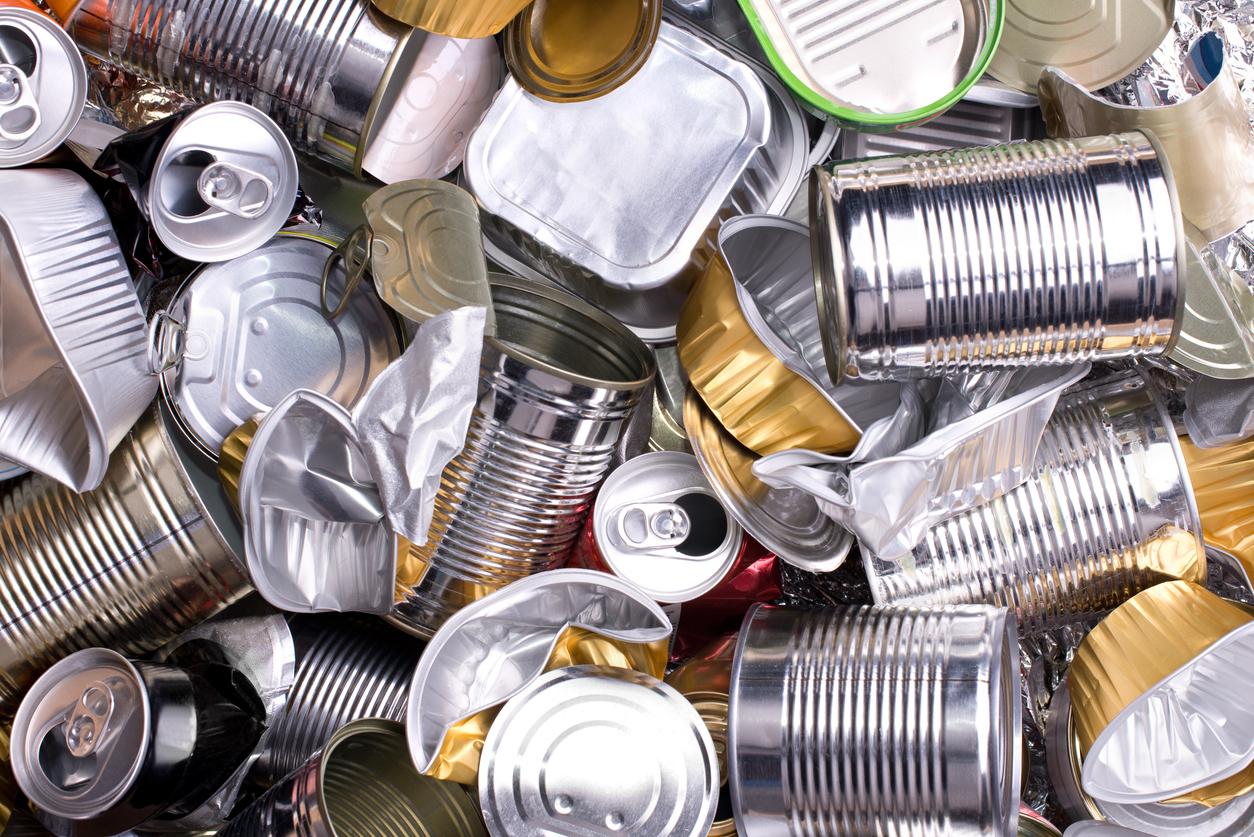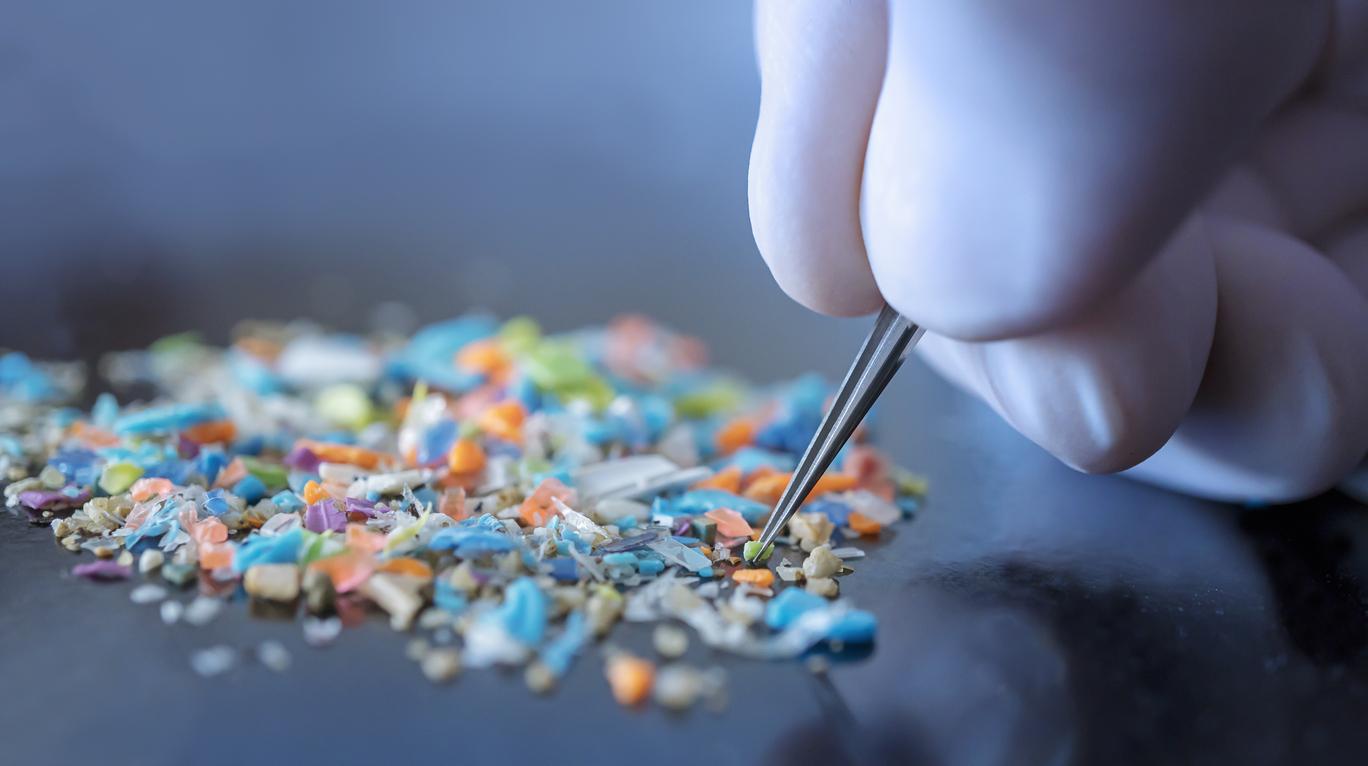Bisphenol A may stimulate the growth of breast cancer cells and also decrease the effectiveness of cancer treatments.
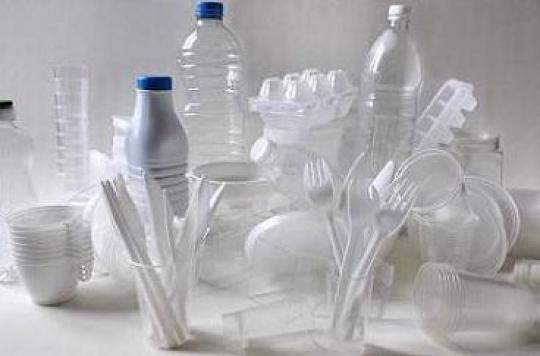
The list of potential health harms caused by exposure to bisphenol A (BPA) continues to grow. While this substance contained in some plastics is already suspected of affecting brain development in fetuses and newborns or promoting infertility, a new study points to another danger. This scientific work, which has just been presented at the International Congress of Endocrinology, reveals that this chemical substance would have an impact on the development of breast cancer. More worryingly, BPA could reduce the effectiveness of certain treatments against this disease.
A breast cancer cell growth stimulator
“We decided to determine whether exposure to common chemicals used in everyday life such as those contained in plastics, pesticides or insecticides could influence the effectiveness of breast cancer treatments,” said Pr Gayatri. Devi of Duke University, co-author of this study. In the end, he says, bisphenol A is one of the chemicals that has the greatest effect as a growth stimulator for breast cancer cells ”.
Thus, these researchers observed that exposure to BPA, at levels commonly found in human blood, caused breast cancer cells to grow at a faster rate than both estrogen receptor positive or estrogen receptor negative.
BPA reduces the effectiveness of certain anti-cancer drugs
In addition, another discovery during this experiment caught the attention of this team. These scientists found that exposure to BPA, still at levels seen in human blood, reduced the effectiveness of certain anti-cancer drugs approved by the FDA and used in the treatment of breast cancer, such as lapatinib.
“These studies constitute the basis for additional research which will make it possible to develop tools to identify patients who could be most at risk of developing resistance to treatment (Editor’s note: anticancer), concludes Professor Gayatri Devi. These results could also lead to biomarkers making it possible to identify patients who have a high exposure to these chemical compounds potentially reducing the effectiveness of their treatment against cancer ”.
Towards an “anti BPA” label
As a reminder in France, bisphenol A, also used in the coating of cans and plastic objects, is already the target of a ban that will come into force on January 1, 2015 in France. Since 2013, it has been prohibited in the manufacture of objects intended for children under three years old.
In addition, the Minister of Ecology, at the end of April asked the distribution sector and banks to also eliminate bisphenol A in cash receipts and bank card receipts, without waiting for a law. In order to encourage companies to remove this substance even before January 1, 2015, Ségolène Royal declared that she wanted to create an “anti-bisphenol” label.
.











